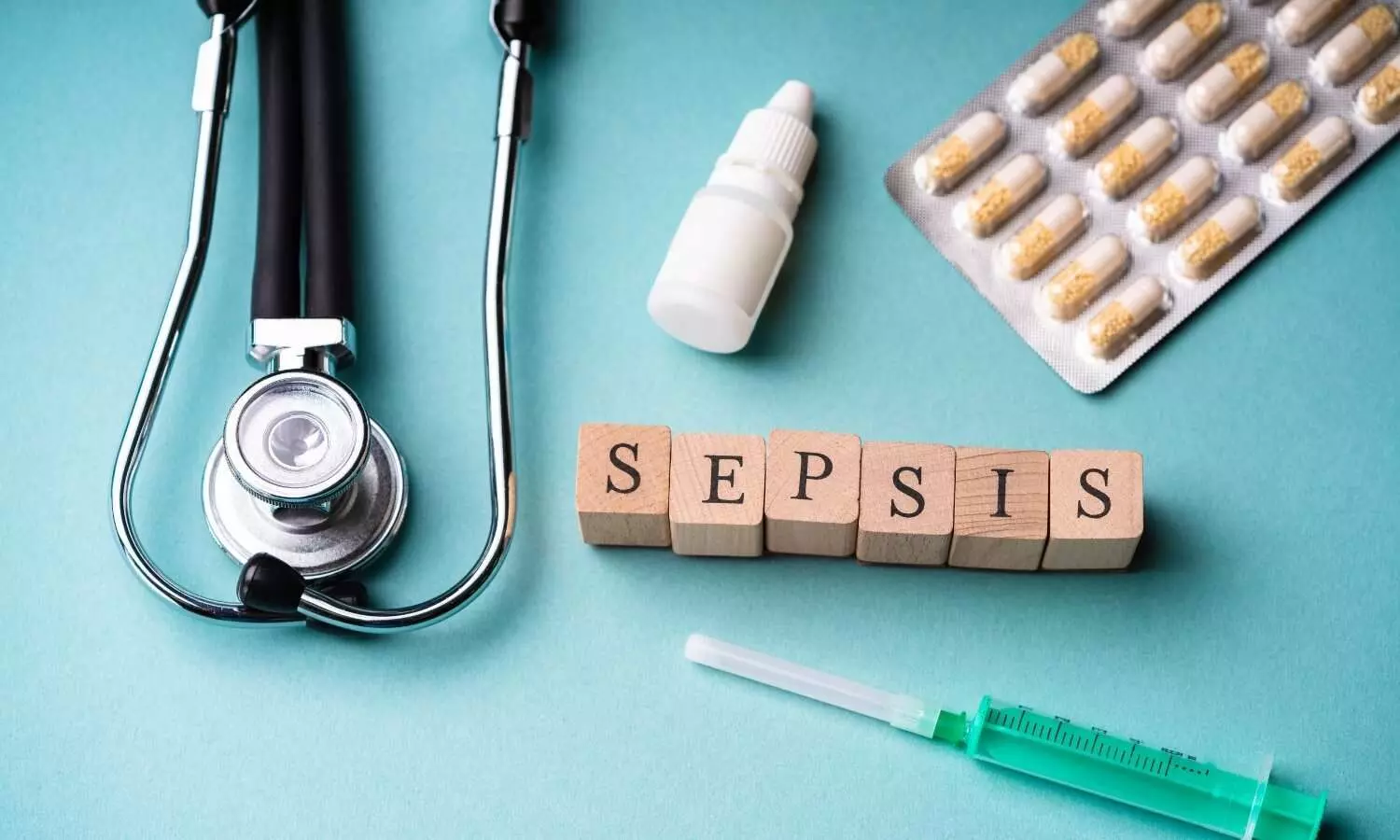Nano-Sensor Developed in India Can Detect Sepsis Within Minutes

New Delhi: A research team from the National Institute of Technology (NIT) Calicut has developed a portable, low-cost device using an electrochemical biosensor to detect sepsis by identifying endotoxins. The device is designed for point-of-care use and aims to support early diagnosis.
Sepsis is a medical condition caused by infection that can lead to multiple organ failure, shock, and death. Early and accurate diagnosis is considered important for timely treatment and improved patient outcomes.
The team, led by Dr. N. Sandhyarani, Professor at NIT Calicut, designed eight sensor architectures to detect endotoxin, a toxic component of the outer membrane of Gram-negative bacteria. Seven of the sensors use electrochemical detection, while one uses optical detection.
The study, published in the journal Langmuir, describes the development of an electrochemical sensor chip for the selective detection of Lipopolysaccharide (LPS), an endotoxin. The chip is compatible with a portable analyser for potential on-site detection.
“All the sensors exhibited high selectivity and detected endotoxin in the presence of other interfering compounds,” the researchers said.
They added, “The presence of endotoxin is detected in the pharmaceutical drug Biphasic isophane insulin, fruit juices, and whole blood by the standard addition method. The endotoxin recovery was within 2 per cent error in all the cases.”
Two of the electrochemical platforms also enabled the detection of E. coli, a Gram-negative bacterium, in water samples. According to the team, the quantification of E. coli using these platforms was comparable to traditional biological methods and reduced analysis time.
The portable electrochemical biosensor prototype detected endotoxin in blood serum using the standard addition method, delivering results in approximately 10 minutes.
(With inputs from IANS)


